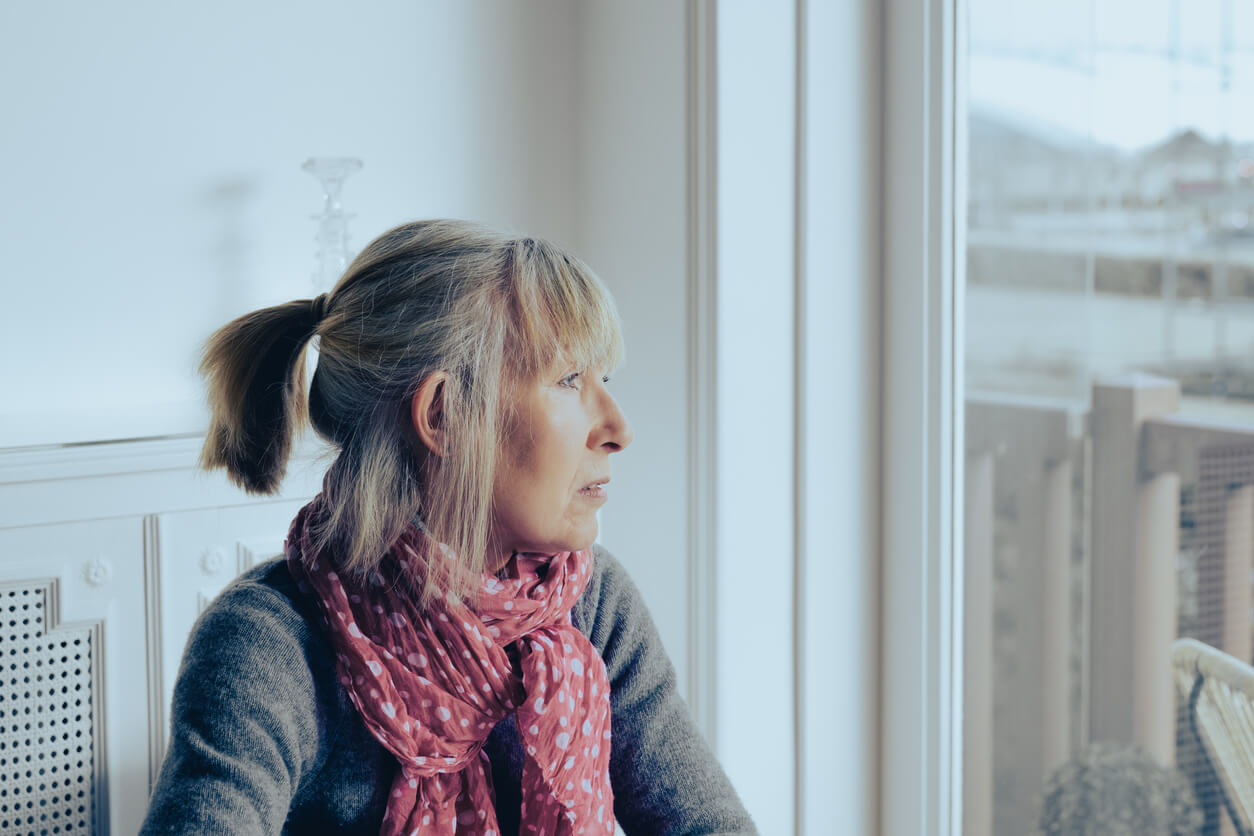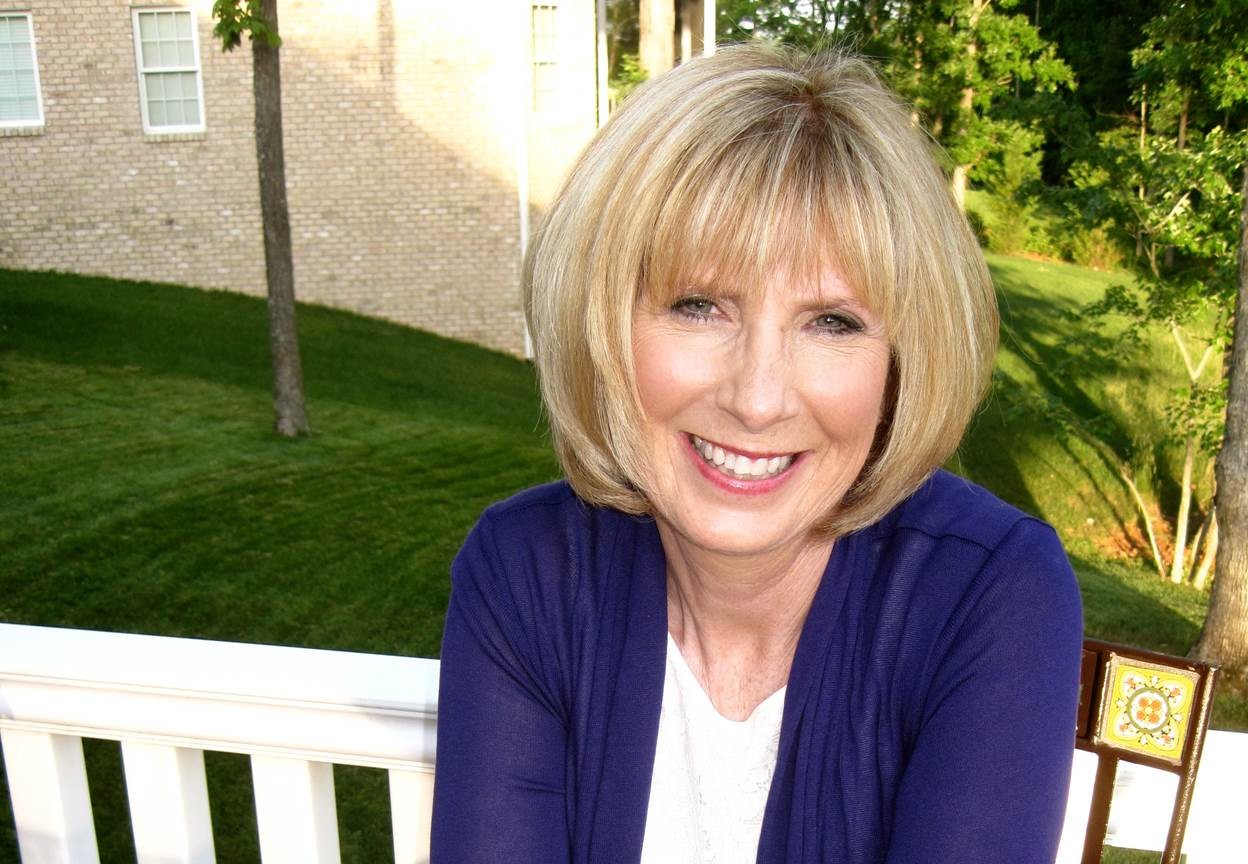The holidays are over. The sky is cloudy and it’s dark when you wake up. You don’t want to get out of bed. You feel irritable, tired, unable to concentrate, want to eat, crave carbohydrates, and feel like being alone. It’s hard to get motivated. You just want to hibernate!
Since this feeling come on seasonally, you wonder, “Why I am feeling so down and unmotivated?” It’s called the winter blues and about 20% of people struggle to shake them off.
In addition to the winter blues, approximately, 35 million Americans may be experiencing something more serious called Seasonal Affective Disorder (SAD). Most sufferers of SAD are women in their 30’s (although the disorder affects others, including children). SAD usually begins mid-October and ends around April when Spring arrives.
You may be surprised to know that SAD can also have a Spring/Summer pattern as well. However, both the winter and summer seasonal types of depression have to do with sensitivity to light–those who get too little light (the fall/winter pattern), and those who get too much light (the spring/summer pattern). Light is important because it impacts our sleep-wake cycle. When our sleep cycle is impaired, depression can result. And SAD is also tied to latitude–the farther north you live, the less light you get in the winter.
So, what can you do to stop being an irritable or depressed family member? Move to Florida? You could, but there is a cheaper and easier solution.
Here are 6 ways to fight the winter blues and SAD. Many involve getting more light:
- Lift your shades in your home or apartment and let the sunlight into your rooms. The light will impact your mood positively.
- If the sun is shining, go outside and don’t wear sunglasses for part of the time. The eyes bring in light and help with mood regulation.
- Bundle up and do outdoor activities that expose you to natural light. Take a brisk walk, sit on a park bench, cross country ski, snow mobile, ice skate and enjoy the sunny days of winter.
- Try a light box or dawn simulator (talk to your mental health provider about how these work). These commercial lighting devices and florescent light boxes help many people. Some insurers will even reimburse you for the light devices. In terms of use, some people are helped more by using intense light in the mornings, while others respond to increased light anytime of the day. Again, check with your health or mental health provider.
- Try 30 minutes of sitting under a fluorescent light while watching TV, reading, etc. However, you shouldn’t stare into a light source. You’ll only get a headache! Just do a normal activity with the light in your field of vision.
- Stay in the spiritual light as well–Psalm 27:1 The Lord is my light and salvation. Whom shall I fear? The Lord is the stronghold of my life—of whom shall I be afraid, He is our anchor and hope. Boost your mood by staying spiritually strong. Read your Bible and be encouraged!
A note of caution. You should be careful not to self-diagnose SAD because you may confuse symptoms with other conditions such as diabetes, high blood pressure, etc. Make sure you have a physical exam to rule out any other cause for feeling depressed.
And if you suffer from severe depression, you should consult a mental health professional. Light won’t hurt you, but it may not help either. If you feel depressed after trying these things, see a health care professional and be treated for depression in more conventional ways.
But, isn’t it amazing that a source of God’s creation–light, can improve mood? Remember the Sunday School song, “This little light of mine, I’m going to let it shine?” Don’t hide it under a bushel like the song exhorts. Get into the light. Let it shine. Let it shine. Let it shine!












